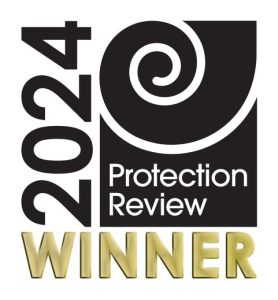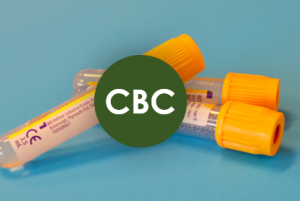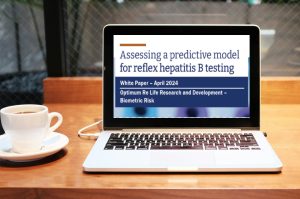Cystatin C: Transforming cognitive and frailty screening
Related
Email Newsletter
Stay up-to-date with the latest news and information from the life insurance industry by subscribing to Insights, our monthly newsletter.
About
Follow Us
Links
Your Privacy Choices | Privacy Notices | Privacy Shield | Terms | Accessibility | Language Assistance / Non-Discrimination Notice | Asistencia de Idiomas / Aviso de no Discriminación | 語言協助 / 不䈚視通知
Quest, Quest Diagnostics, any associated logos, and all associated Quest Diagnostics registered or unregistered trademarks are the property of Quest Diagnostics. All third-party marks — ® and ™ — are the property of their respective owners. © 2000-2026 Quest Diagnostics Incorporated. All rights reserved.




















Using Cystatin C in older-age life insurance assessments.
Our clients tell us that controlling costs during the decision-making process and reducing application-to-issue cycle time are priorities within their new business teams. As older-aged individuals apply for life insurance, requirements designed for this market can become more time-consuming and cumbersome.
Many of today’s older-age evaluations include additional screenings to measure cognitive and frailty risks: clock drawing, delayed word recall and walking speed. These assessments may add time to the application process and increased cost for the insurer. However, recent studies indicate they could be replaced with a simple blood test: Cystatin C.
This white paper shows the correlation of Cystatin C levels and the impact it has on cognitive function and physical frailty. Download now.